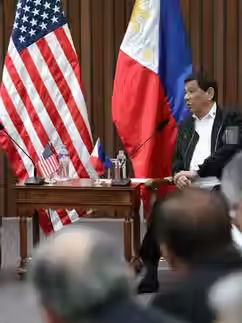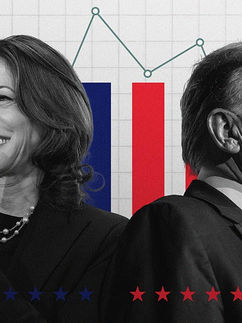Kurdish women and their fight for justice
Isabella Baker

According to the Georgetown Institute’s 2023 Women, Peace and Security Index, Syria and Iraq continue to be some of the most oppressive countries for women to live in globally. Women in Syria and Iraq experience significant gendered based violence and are denied basic human rights. The contrasting plights of Kurdish and Yazidi women in this region highlights the struggle of women as both victims and defenders of women’s rights in a landscape dominated by complex and long standing ideological and religious conflict.
In 2014, a genocide of Yazidis by Islamic State was carried out in the Sinjar region of Northern Iraq. The Yazidis were subjected to mass killings, torture, forced conversions, the abduction of young children and the sexual enslavement of thousands of women and girls. The United Nations estimates that 5000 Yazidi men were executed and another 7000 women and girls were forced into sexual slavery. Islamic State militants consider the rape of sex slaves to be a form of worship, eschatologically justifying the sexual slavery of Yazidi women as a ‘gift from Allah’ that enables them to perform better Jihad. According to a UN Official, Yazidi girls aged between one and nine years old are considered the most valuable sex slaves and are sold at the highest price to Islamic State militants.
Since 2014, 5000 Yazidi women and girls have been rescued from Islamic State captivity. Many of these women were freed by the all female Kurdish militia of the YPJ, the Women’s Protection Unit of the US-backed YPG Syrian Democratic forces. While lots of militant groups include female fighters, few do so in numbers as large as the YPJ. Founded in 2013, the all female YPJ Kurdish military force played a crucial role in rescuing Yazidi sex slaves from Shingal and moving them across the Iraqi border to the Kurdish dominated northern and eastern Syria. The rescues were part of a joint US and YPJ anti-Islamic State operation that sought to rescue besieged Yazidis on Mount Sinjar and in the al-Hawl refugee camp. In their plight for democracy and women’s rights, these female fighters continue to fight against remaining pockets of Islamic State in Iraq and Syria and in December last year, they freed three Yazidi girls who were being held captive by Islamic State as sex slaves.
In this way, the YPJ possesses both a military and political dimension that follows the ideological tenets of ‘jineology’, which advocates for female political agency, women’s rights and the rejection of colonialism. For the YPJ, their fight against Islamic State is a battle to defend their deeply held commitment to women’s equality and democratic self rule. From the recapture of Kobani in 2015 and Manbij in 2016, to the liberation of the caliphate’s stronghold Raqqa in 2017, the women of the YPJ fought Islamic State room-by-room and house-by-house, knowing that if they were captured, they would be raped, tortured, beheaded and killed by the caliphate.
Despite the ongoing efforts of the YPJ, as many as 2000 Yazidi women and girls remain missing. It is likely these girls are either dead or still being held captive in sexual slavery. Yet, the words of YPJ Commander Rohilat Afrin in a recent interview provides hope: the Women’s Protection Units will continue to fight against Islamic State and defend women’s rights as they call for the democratisation and transformation of the Middle East.
Isabella Baker is a Dalyell scholar at the University of Sydney studying a Bachelor of Arts and Advanced Studies in Global and International Studies. She is interested in global affairs, national security and human rights with a particular focus on Australia’s relationship with China and the Indo-Pacific.

















Comments